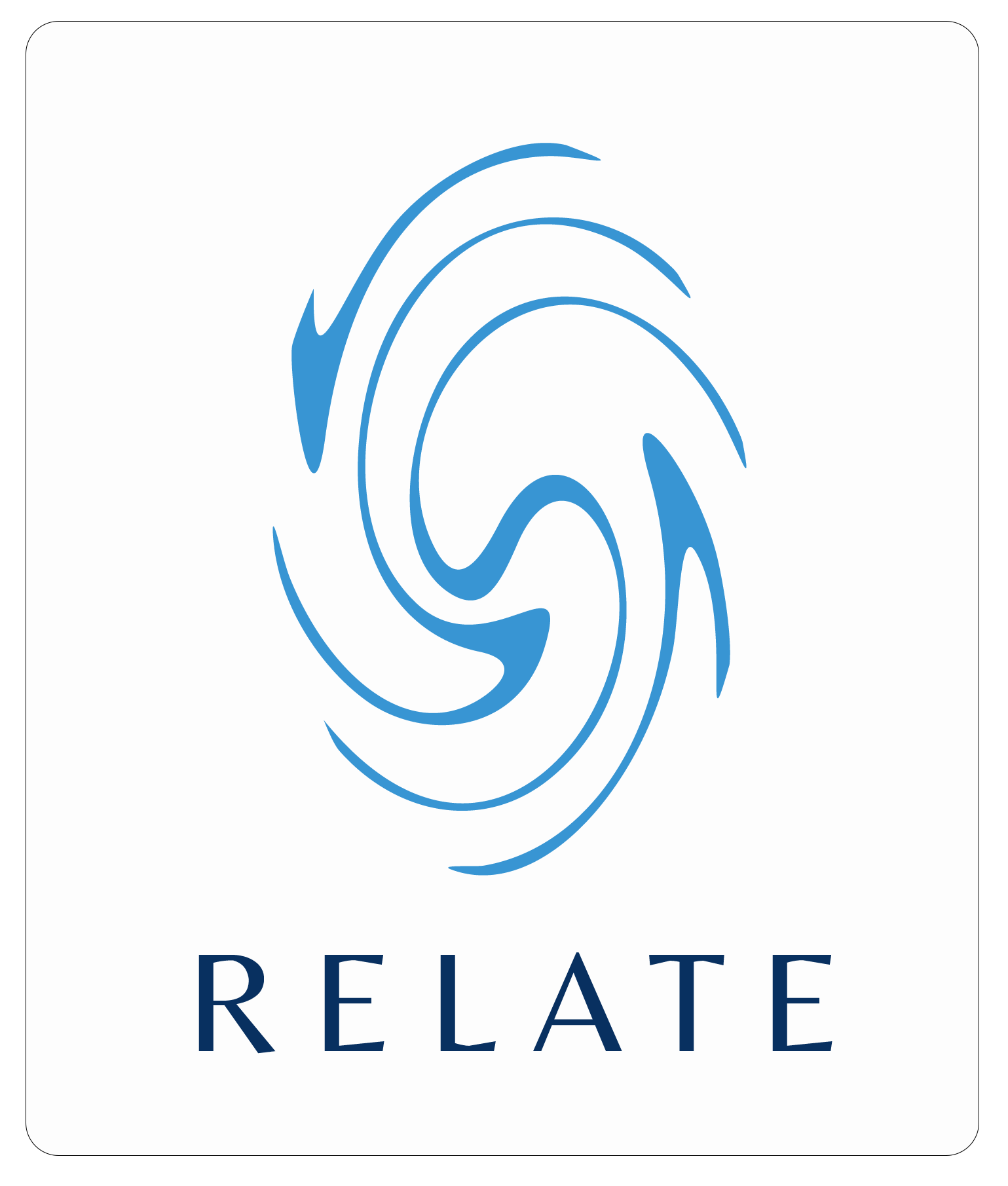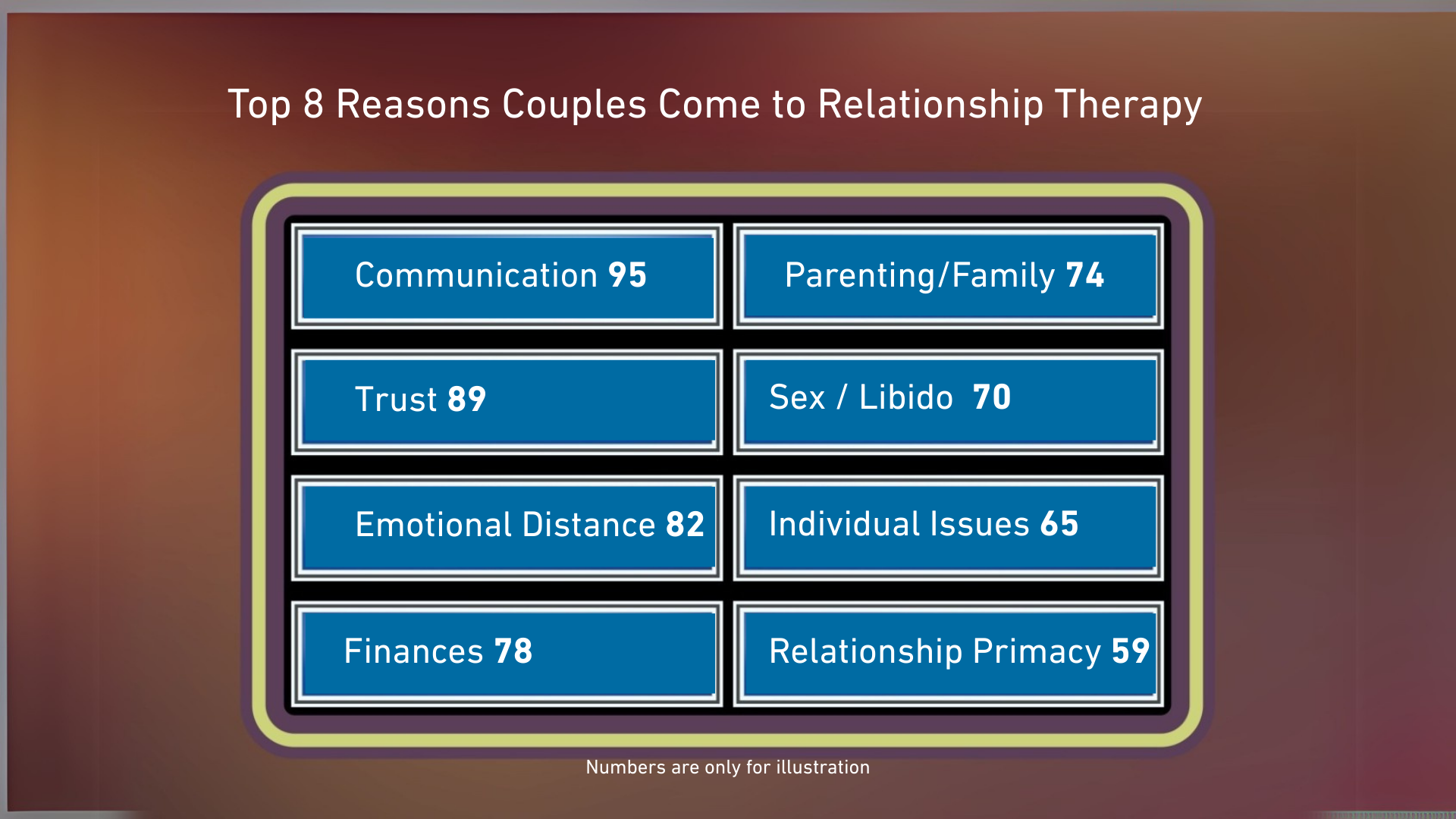Overcoming Anxiety and Depression Through Long-Term Relationships
While anxiety and depression are undoubtedly challenging, long-term relationships hold incredible potential for healing. These relationships highlight the power of relationships in fostering emotional growth and mental well-being. Through empathy, communication, and mutual support, partners can transform their anxiety and depression patterns into a secure, hopeful future. By strategically using attachment-focused therapies and healing relationships with relationship science, we not only nurture love but also create an environment where we can heal and thrive together.
Our earliest memories often shape the way we perceive the world and ourselves. These stories become the framework for our coping strategies, influencing our moods, fears, and how we interact within relationships. While some of these internal narratives can be beneficial, others might only serve us well in certain scenarios, leading to dread and despair in other situations.
For instance, the writer grew up with the role of being a confidant and a comforter, especially for his mother. This notion of being a hero or rescuer was instilled early on and followed into adulthood, even into his profession as a therapist. While such a mindset can be advantageous, it can also pose challenges in personal relationships, sometimes leading to misunderstandings or overextension of personal boundaries.
The Power of Creating Memories and Stories
Long-term relationships are often built on a foundation of shared memories and stories. These common experiences serve as conceptual anchors that shape our identity, coping mechanisms, and reactions to the world. Through the lens of psychological resilience, these relational memories can be used to reshape unmet early life needs. This showcases the healing power of relationships in addressing deep-seated emotional challenges.
Relationships as Healing Vessels
When exploring overcoming anxiety and depression, the influence of long-term relationships has profound power to heal. These bonds can act as healing vessels by providing emotional support in a relationship, consistency, and understanding. Unlike fleeting interactions, enduring relationships offer a reliable space for individuals to process and renegotiate their narratives.
One fundamental aspect is the implementation of healthy communication avenues that mitigate the adverse effects of anxiety and stress. Non-confrontational communication, characterised by active listening and empathy, fosters a nurturing environment where both partners feel safe and understood. This method of communication encourages partners to express concerns and vulnerabilities without fear of judgment or criticism. In the context of anxious and depressive patterns, this allows a person to safely experience the attunement and holding they have always needed.
The Therapeutic Nature of Reflection
In relationships, reflecting on past stories can facilitate healing trauma through relationships. This reflection often entails examining childhood roles or identities that might still influence current behaviours. By understanding these origins, individuals gain insight into how these roles may contribute to their mental health challenges and can be the first step to overcoming anxiety and depression.
For example, someone whose childhood role involved being a confidant may find themselves unintentionally burdened with the emotional weight of others. Recognising this pattern allows for a conscious shift towards healthier boundaries, ultimately reducing stress and improving mental well-being. Some may call this a ‘people pleaser’ or ‘passive,’ and it is easy to see how this might result in potential resentment or low self-worth. Either way, it is simple to see how their relationships would be negatively impacted.
Strengthening Emotional Resilience
A well-nurtured long-term relationship adds layers of emotional resilience, empowering individuals to navigate life's ups and downs more effectively. This resilience is cultivated through consistent emotional availability, which alleviates feelings of isolation and helplessness, commonly seen in depression and anxiety.
Moreover, such relationships offer a platform for positive reinforcement, which is crucial for building self-esteem and fostering a sense of belonging. Emotional resilience extends beyond personal benefits; it contributes to the relationship's overall health, enabling partners to support each other more effectively through life's inevitable trials.
This kind of resilience demonstrates the power of relationships in supporting mental wellness. Partners can reflect together, explore individual needs, and find a balanced dynamic that allows both people to thrive.
Creating a Supportive Relationship Environment
In the journey to manage anxiety and depression, partners can collaborate to develop effective coping strategies. Whether it's practising mindfulness, engaging in physical activities, or setting personal and mutual goals, working together towards mental wellness strengthens the relationship and provides both partners with valuable tools for individual growth. Couples might also consider seeking counselling for depression and anxiety, which offers professional guidance to reinforce these supportive dynamics.
The Power of Connection in Healing
The healing potential of long-term relationships in managing anxiety and depression lies within their ability to provide stability, shared understanding, and emotional reinforcement. By fostering open communication, nurturing emotional resilience, and maintaining healthy boundaries, partners can support each other while embarking on a journey toward healing and growth.
For anyone grappling with overcoming anxiety and depression and considering how relationships might factor into their healing process, remember that investing in the strength and quality of these bonds can provide a transformative impact on mental well-being. By addressing deep-seated patterns and prioritising the connection, individuals can find new ways to heal trauma and build emotional stability.
If this article resonates with you and you’re eager to learn more, consider joining Relate’s School of Love. Explore our course, Healing Anxiety and Depression Through Long-Term Relationships, to deepen your understanding of how relationships can be a powerful tool for emotional healing. If you’re seeking personalised support, a relationship professional can guide you through overcoming long-term anxiety and depression.
Take the first step toward healing by booking a session today.






